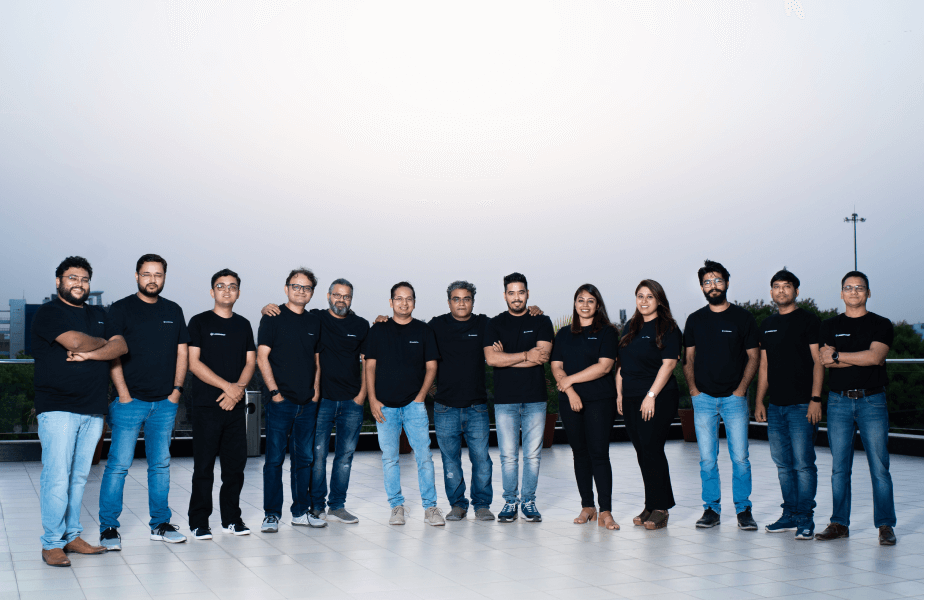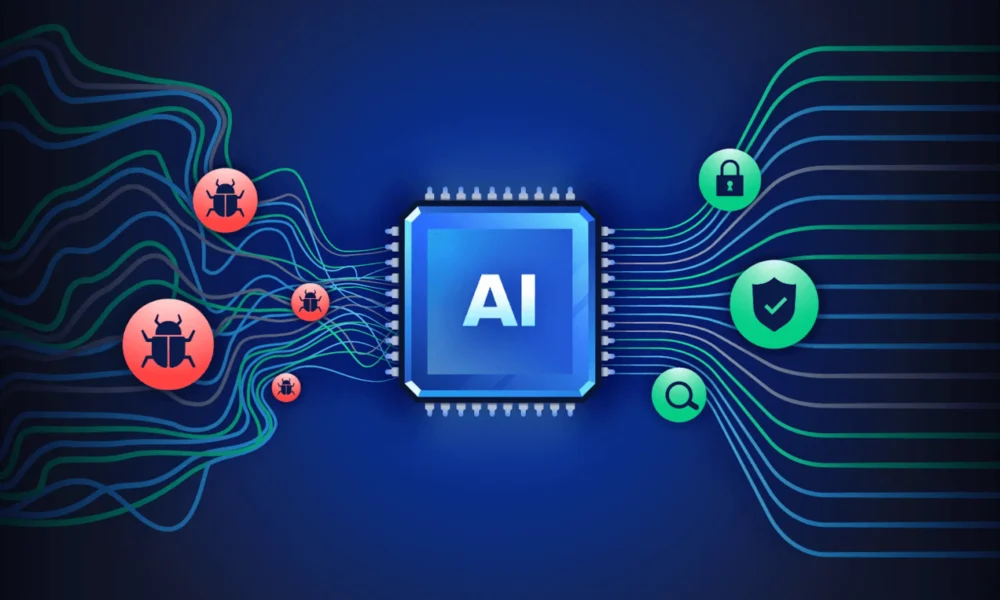Revolutionizing Software Testing: LambdaTest Secures $38 Million in Funding
Software teams worldwide are striving to deliver flawless digital experiences, and LambdaTest, a cutting-edge cloud-based QA platform, has just raised $38 million in funding. Led by Avataar Ventures and Qualcomm Ventures, this latest investment brings LambdaTest’s total funding to $108 million. With over 15,000 customers, including top Fortune 500 companies and G2000 enterprises, and a user base of over 2.3 million developers and testers globally, LambdaTest is set to redefine the future of software testing.
Empowering Development Teams with AI-Driven Testing Solutions
LambdaTest is on a mission to help businesses expedite their time to market through AI-powered test authoring, orchestration, and execution in the cloud. By streamlining traditional quality engineering processes, LambdaTest empowers development teams to deliver reliable, user-friendly software at an accelerated pace.
Advantages of LambdaTest’s QA Platform:
- Efficiency in the Cloud: Run tests at scale on the cloud, reducing reliance on complex in-house infrastructure.
- Omnichannel Assurance: Ensure high-quality digital experiences by testing web and mobile apps across thousands of browser and OS combinations.
- Enhanced Delivery Speed: Implement continuous testing practices to release features up to 70% faster with minimal bugs.
Introducing KaneAI: The Future of Test Automation
KaneAI, LambdaTest’s intelligent testing assistant, is at the forefront of this innovation, replacing manual scripting with AI-driven test automation. KaneAI utilizes large language models and natural language inputs to dynamically create, debug, and evolve tests.
Benefits of KaneAI for Teams:
- Reduced Manual Effort by 40-70%: Shift focus from repetitive test case writing to strategic quality initiatives.
- Adaptability to Change: Quickly update test suites to keep pace with evolving codebases and release cycles.
- No-Code Solutions: Enable non-technical stakeholders to participate in testing, fostering collaboration and increasing coverage.
HyperExecute: Enhancing Test Execution and CI/CD Pipelines
HyperExecute, LambdaTest’s advanced test execution and orchestration cloud, complements KaneAI by intelligently distributing and executing tests in parallel to achieve:
- 2.5x Faster Issue Resolution: Identify and address issues swiftly to prevent user impact.
- 60% Quicker Error Detection: Utilize AI to categorize errors and minimize downtime.
- Seamless CI/CD Integration: Seamlessly integrate with popular pipelines like Jenkins, CircleCI, and GitHub Actions for rapid releases without compromising quality.
Unified Testing Experience Across Browsers and Devices
LambdaTest offers a comprehensive Browser Testing Cloud supporting manual and automated testing on over 5,000 browser and OS combinations. Additionally, the Real Device Cloud allows testing on physical iOS and Android devices to simulate real-world conditions and uncover performance, UI, and functional issues before reaching end-users.
Benefits of Leveraging LambdaTest’s Capabilities:
- Ensure compatibility across browsers and platforms.
- Identify bottlenecks and maintain consistent user experiences.
- Confirm smooth app performance under varied network and device conditions.
Deep Integrations for a Complete Testing Ecosystem
LambdaTest seamlessly integrates with over 120 tools and frameworks, ensuring QA insights drive development across various stages. This integration promotes collaboration among developers, testers, product managers, and business stakeholders.
Highlighted Integrations:
- Project Management: Connect with Jira, Asana, and Trello for issue tracking.
- CI/CD Pipelines: Integrate with Jenkins, CircleCI, GitHub Actions, and more for continuous testing at scale.
- Analytics & Reporting: Aggregate test data and generate actionable insights for performance and reliability.
Why Enterprises Choose LambdaTest
Large-scale organizations trust LambdaTest to innovate faster, maintain reliability, and improve ROI. By simplifying test environments, automating processes, and leveraging AI capabilities, LambdaTest accelerates the software development lifecycle without compromising quality.
Core Benefits:
- Increased Release Velocity: Faster workflows and feedback loops for rapid iterations.
- Enhanced Developer Productivity: Engineers focus on feature creation rather than infrastructure hurdles.
- Improved Observability: Real-time dashboards and insights aid decision-making.
Endorsed by Industry Leaders
Investors recognize LambdaTest’s potential in reshaping the QA landscape. Qualcomm Technologies, Inc.’s Senior Vice President, Quinn Li, emphasizes the importance of AI-driven continuous testing. Avataar Ventures’ Founding Partner, Nishant Rao, praises LambdaTest’s disruptive AI-native testing solutions and enterprise-grade test orchestration.
Future Perspectives
With a new funding injection of $38 million, LambdaTest is poised to advance AI-powered testing, ensuring superior quality in every software interaction. As enterprises shift towards cloud-native development models, LambdaTest stands out as a strategic partner, offering unparalleled efficiency, intelligence, and reliability to global teams.
-
What is LambdaTest?
LambdaTest is a platform that offers cloud-based testing infrastructure for developers and testers to run automated and manual tests on various browsers and operating systems. -
How does LambdaTest use KaneAI to advance software quality assurance?
KaneAI is an intelligent testing assistant that uses artificial intelligence to improve the efficiency and accuracy of software testing. It can analyze test results, suggest improvements, and help in creating test scripts. -
How can LambdaTest help improve software quality assurance?
By providing a wide range of testing capabilities and integrating with popular testing frameworks, LambdaTest helps teams identify bugs and performance issues early in the development process, resulting in more reliable and high-quality software releases. -
What sets LambdaTest apart from other testing tools?
LambdaTest’s focus on AI-driven testing with KaneAI, along with its extensive browser and device coverage, make it a powerful and versatile tool for software quality assurance. Additionally, its user-friendly interface and scalability make it a popular choice among development teams. - How can companies benefit from using LambdaTest?
By using LambdaTest, companies can significantly reduce the time and effort required for testing their software, leading to faster release cycles and improved overall quality. Additionally, the AI-driven testing capabilities of KaneAI can help teams identify and fix issues more efficiently, ultimately saving time and resources.


